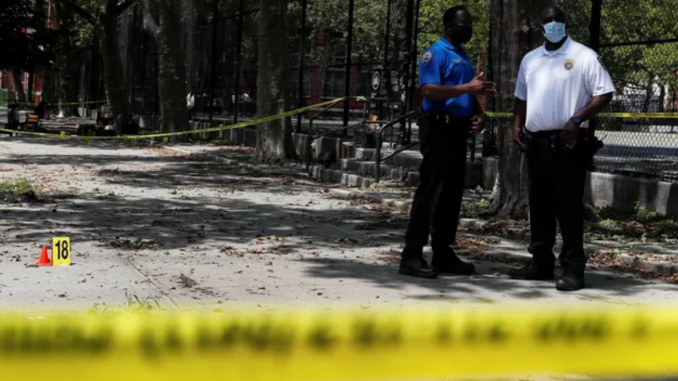
More than half of all police agencies in federally court-ordered reform agreements saw a surge in violent crime immediately, suggesting there can be unintended consequences to police reform demanded by progressives in the wake of the death of George Floyd, according to a new report.
Seven out of 12 agencies under consent decrees since 2012 saw a rise in violent crime rates in two years compared to the two years before entering the consent decrees, according to FBI and Justice Department data reviewed by Axios.
Los Angeles County saw a 61 percent increase in its violent crime rate after enacting a consent decree with the Los Angeles County Sheriff’s Department, while Albuquerque, N.M, experienced a 36 percent increase in violent crime — up from a 30-year low recorded before the city entered into a consent decree.
Similarly, the progressive-haven Seattle saw violent crime rise by 27 percent.
However, the report adds that municipalities with fewer than 50,000 people saw violent crime decrease following consent decrees, including Ferguson, Mo.; Warren, Ohio; and East Haven, Conn.
Criminal justice scholars told Axios “no one knows” why violent crime rates jump after departments enter into consent decrees.
Stephen Rushin, associate professor of law at Loyola University Chicago, said only anecdotal evidence exists that suggests disruptions in department leadership or changes in tactics can contribute to the rise in crime. Yet Rushin said his study into 31 cities that operated under federal oversight from 1994 to 2016 showed short-term increases in crime followed by a decline.
The analysis comes one month after Attorney General Merrick Garland announced that the Department of Justice would begin “pattern of practice” investigations into the Minneapolis and Louisville police departments in the wake of the deaths of George Floyd and Breonna Taylor. At the conclusion of the probes, both cities could be forced into consent decrees to overhaul their departments.
*story by The National Review


